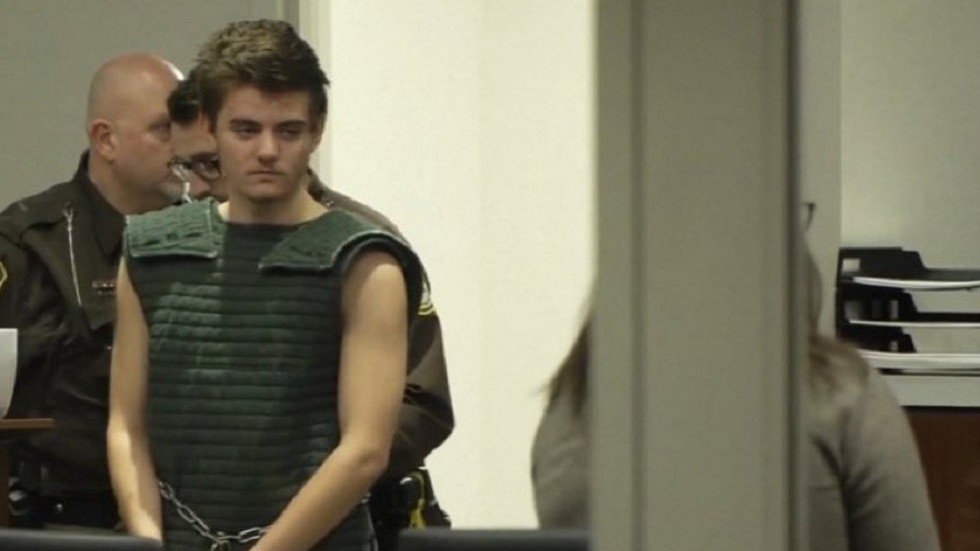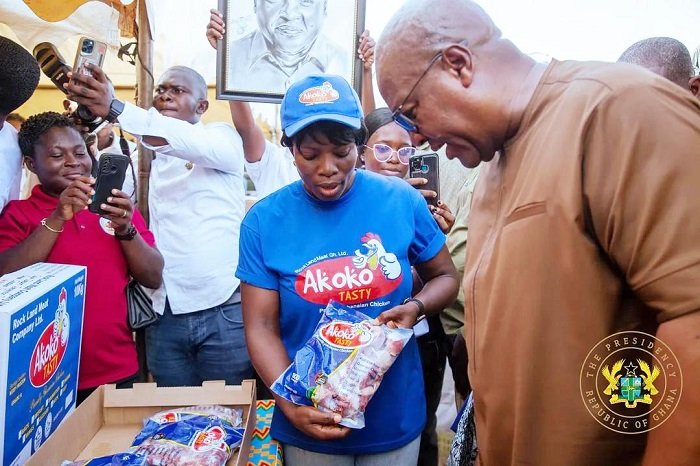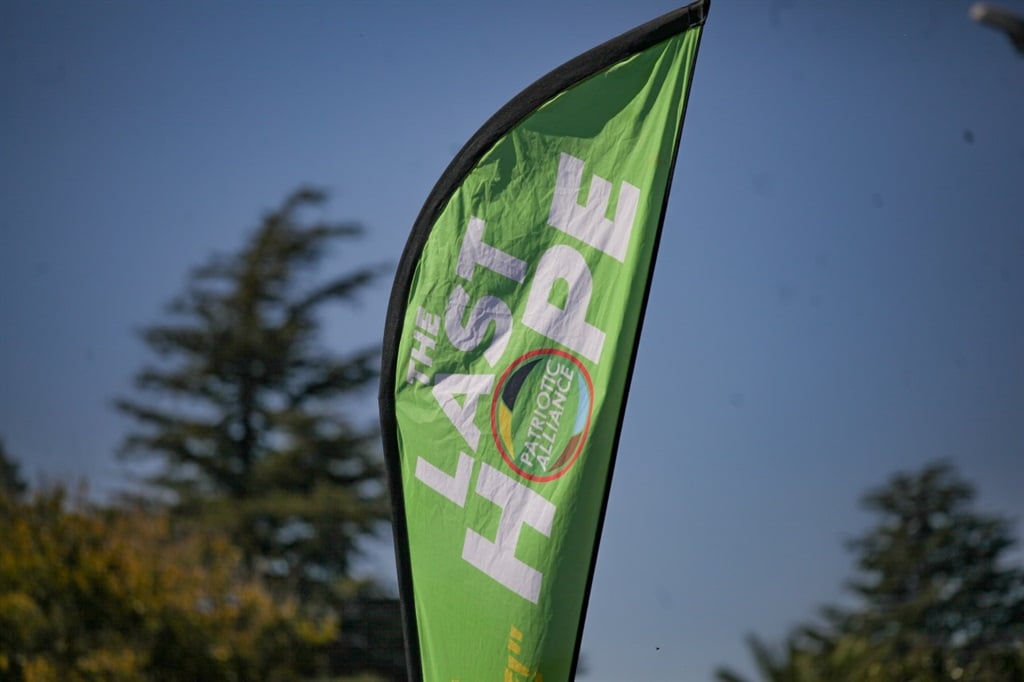Given that Australia has consistently avoided taking a principled stance on the Islamic Republic’s sponsorship of terrorism, its hostage-taking of innocent Australian citizens and its attempts at transnational repression here on Australian soil, such a statement was predictable. It is nonetheless disappointing that Iranians must look to even less influential countries like Lithuania for leadership in denouncing a man widely regarded to be complicit in mass murder.
Australia might think that matters such as the executions of thousands of political dissidents in the 1980s, which Raisi presided over as a judge on the so-called “death commissions,” have nothing to do with us, and therefore we should be free to follow diplomatic protocol in expressing our condolences. But Raisi had a hand in persecuting Australians, too.
Iran’s President Ebrahim Raisi has died in a helicopter crash. Instead of sending our condolences we should be handing out sweets in celebration.Credit: AP
In 2019 I was put on trial in a shadowy “Revolutionary Court” in Tehran where I was convicted on fabricated charges of espionage, and sentenced to 10 years in prison. An academic, I had visited Iran in 2018 at the invitation of a local university, and was in the country for less than three weeks before I was arrested and effectively made into a diplomatic hostage.
The man who oversaw the Iranian judiciary at the time, including the revolutionary court system, was none other than Ebrahim Raisi.
Raisi not only approved the illegal and unsubstantiated prosecution of an innocent Australian, he presided over a judicial system that openly facilitated the Islamic Republic’s business model of the hostage-taking of foreigners and dual-nationals for diplomatic leverage.
At least four other Australian citizens were caught up in Iranian “hostage diplomacy” under Raisi. Two Aussie backpackers, who had been arrested at gunpoint while attempting to drive from Perth to London, were released in a prisoner swap later in 2019. Another quietly returned home in 2021.
Loading
Eighty-three-year-old Iranian-Australian grandfather Shokrollah Jebeli wasn’t so lucky. Jebeli died from medical neglect in Evin prison in January 2020. The Australian embassy had pushed for Jebeli’s release on medical grounds, but attempts at providing him with diplomatic assistance were rebuffed.
The Iranian community in Australia includes numerous direct victims of Raisi’s crimes. I have met several who escaped the dead president’s “death commissions” by the skin of their teeth, as well as others whose family members were executed on Raisi’s orders. They are rightly outraged that Australia should send even the most lukewarm of condolence messages for the death of the Butcher of Tehran.
Just as Western governments failed to offer meaningful support to the brave Iranian “Woman, Life, Freedom” protesters, beyond a handful of symbolic sanctions and “thoughts and prayers” on Twitter, we are yet again signalling to those who are willing to give their lives for a free and democratic Iran that our condolences are not with them, but with the regime.
President Raisi is responsible for more than four decades of horrific human rights abuses, with Australian citizens among his victims. We, too, should be handing out sweets.
Kylie Moore-Gilbert is a Research Fellow at Macquarie University and the author of the memoir The Uncaged Sky: My 804 Days in an Iranian Prison.
The Opinion newsletter is a weekly wrap of views that will challenge, champion and inform your own. Sign up here.




















Discussion about this post